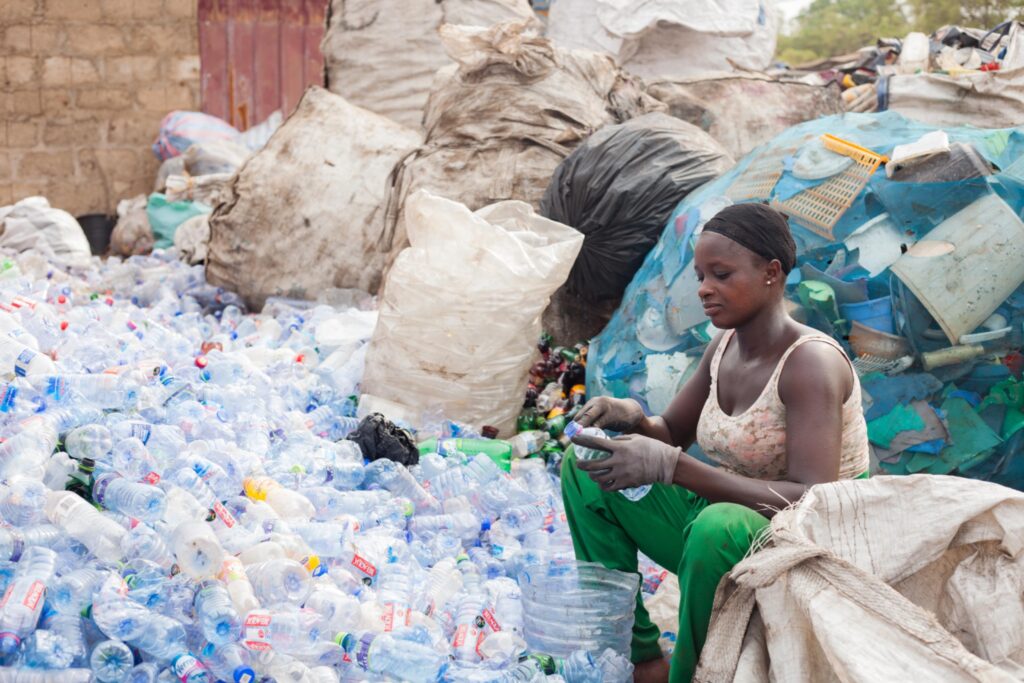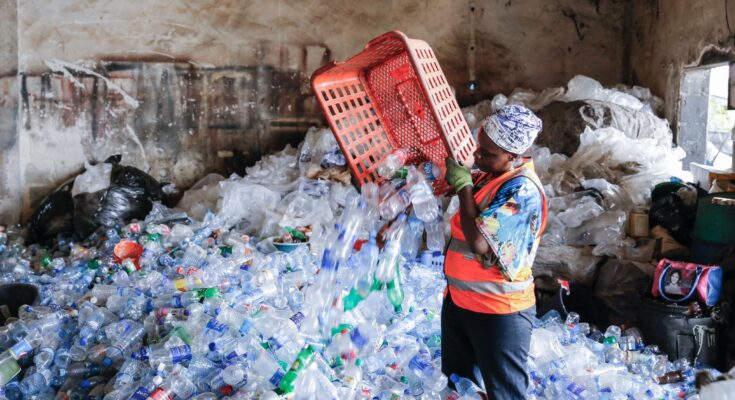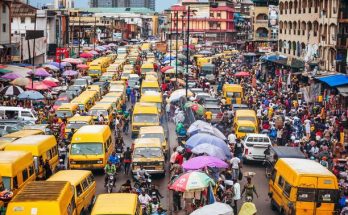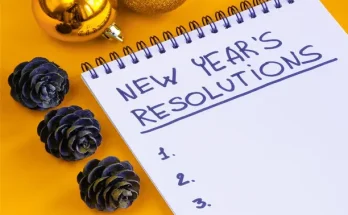By Sunkanmi Adewunmi
In Lagos, plastic waste is more than just garbage—it’s a lifeline for thousands of informal workers. In Ikeja alone, tons of plastic are discarded daily in markets, homes, and streets. For many of the city’s poorest, these items are “plastic gold.” With Lagos generating around 12,000 metric tons of waste each day, waste pickers play a vital role in keeping the city clean by collecting recyclables like bottles, sachets, and metal scraps. They push carts through Ikeja’s streets or attend collection centers at dump sites like Olusosun in nearby Ojota.
These pickers, often starting work before dawn, brave heat, rain, and health risks to earn a modest living. Street pickers average about ₦2,075 per day, while landfill pickers can make around ₦5,530. Women, often involved in sorting, earn roughly ₦700 daily. Despite the dangers and lack of social protections, this work provides critical income for families.
Lagos’s landfills alone support around 2,800 pickers, many of whom are part of informal networks. Groups like ASWOL are pushing for better recognition, with over 3,700 pickers registered by 2022. As ASWOL president Friday Oku puts it, these workers are not nuisances, but “environmental protectors and economic contributors” who deserve support and inclusion.
The Informal Plastic Supply Chain
In Ikeja, waste pickers are the starting point of the plastic recycling chain, collecting discarded materials, especially valuable plastics like bottles, sachets, and caps from streets, homes, and dumps. These are sorted by type, sometimes with help from local hubs or buy-back centers, and sold by weight at markets like Alaba Rago. Aggregators then bundle and transport the materials to larger recycling firms, where they’re cleaned, shredded, or compacted. The processed plastic is ultimately used to manufacture new products like textile fibers, bottles, and other goods, giving waste a second life in the economy.
In Nigeria’s growing circular economy, every stage adds value. A recent study notes that pickers “collect low-value materials…which go-betweens aggregate and sell to recycling companies. These materials are then processed into higher-value raw materials.” Formalizing this chain could boost jobs and efficiency. And companies are starting to invest: Lagos reports its recycling economy was worth about ₦18 billion in 2021, driven by plastics.

Impact: Environment, Economy, Community
Often overlooked and underpaid, Lagos’s waste pickers play a crucial role in reducing pollution and conserving resources. With the state generating about 870,000 tonnes of plastic waste annually—but collecting only 40% and recycling just 13%—pickers help fill a major gap by reclaiming discarded plastics that might otherwise clog drains or pollute waterways. Their efforts also reduce landfill emissions and groundwater contamination.
Economically, waste picking fuels a recycling sector worth around ₦18 billion annually in Lagos. It saves manufacturers costs and creates vital jobs. Experts project that a more structured system could generate over 250,000 jobs by 2025, especially for informal workers.
Challenges and the Path Forward
Despite its potential, the recycling sector faces serious challenges. Waste pickers work in hazardous conditions without healthcare, insurance, or stable pay. Many handle toxic materials like burning wires in Ikeja scrapyards without protection, while relying on unstable scrap prices and middlemen for income.
Massive heaps of mixed waste, visible at Lagos dumpsites, highlight the scale of the problem. Yet, the existing informal network offers an opportunity. Initiatives like Ikeja’s “Green Bridge” aim to formally integrate pickers into the municipal system.

Ultimately, Ikeja’s waste pickers power a grassroots recycling economy, turning discarded plastic into livelihoods and raw materials. Their work reduces pollution and holds vast economic promise. But for this system to thrive, Lagos must invest in its informal recyclers—through recognition, training, safer conditions, and inclusive policies. Supporting these “unseen heroes” isn’t just goodwill; it’s a smart, sustainable move toward a cleaner, circular future.









This is so insightful especially for such an overlooked area in the job sector, well done to your media team